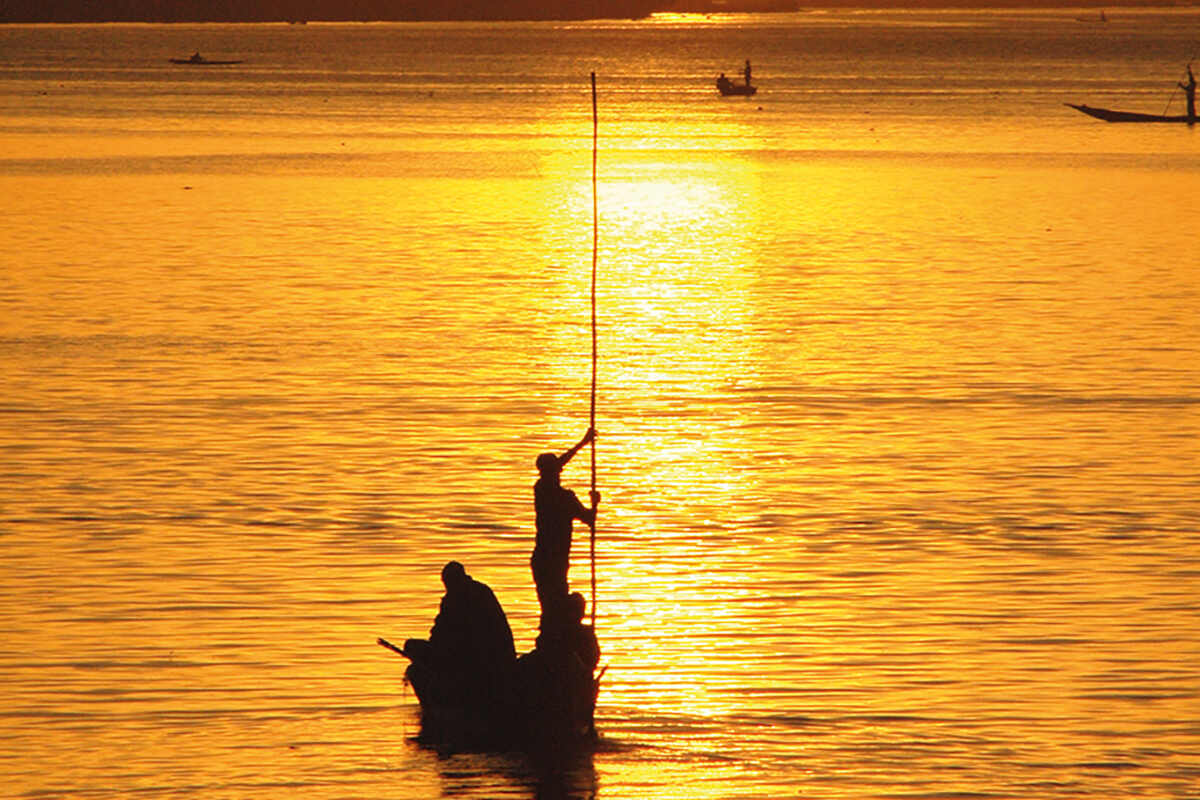
Tim Marshall on the gathering of the world’s water experts that failed to make a splash
Geopolitical Hotspot, by Tim Marshall

The headline’s real enough, but only one of the four things it states stands up to scrutiny. The UN 2023 Water Conference did not have a new agenda, what was agreed hasn’t set sail and most of the proposals, bold or otherwise, won’t be actioned. The conference did close, though.
This isn’t the fault of the delegates. The meeting at UN HQ in New York brought together people passionate about safeguarding this most precious of natural resources. They spend their lives working to combat drought and to help bring safe drinking water to the 2.2 billion people who still lack access to it. Many are experts in their field, anxious to create a global framework for water security akin to the (admittedly flawed) Paris 2015 climate change agreement.
The event was only the second water conference the UN has ever held. The first was 46 years ago. It took place against the backdrop of a drought across parts of East Africa and warnings that climate change will exacerbate water shortages and create interstate tensions across the globe. Several hundred thousand people die each year from diseases related to contaminated water.
It began with lofty promises about a ‘milestone’ action plan and a declaration by UN Secretary-General Antonio Guterres that ‘water needs to be at the centre of the global political agenda’. If so, why was the conference only three days long rather than the two weeks such gatherings often enjoy, and why was it only the first such gathering in almost half a century?
It had been agreed that no political declaration would be made. Instead, there was a non-binding Water Action Plan with no timeline for delivery. It garnered more than 700 commitments from NGOs, local and national governments, UN bodies and several major companies. A massive US$300 billion was pledged and while some of that may indeed appear, the probability is that there will need to be a warning: ‘Mind the gap.’
Much of the plan amounts to a wishlist, but within the 700-plus commitments are well-costed and -planned projects. Among them is an agreement between the Niger River Basin Authority and the German government. Together, they hope to restore wetlands and implement climate change adaptation measures within the river basin, which is home to about 160 million people across nine countries. The project has a detailed blueprint and a budget of US$21 million through to 2029.
This is an example of recognising that water is often a cross-boundary issue and its scarcity a driver of conflict. Several Niger River basin countries are at the heart of the conflicts currently tearing the Sahel region apart. Very few of the other commitments targeted issues that require the buy-in of multiple governments, nor did they identify where funding would come from. Only about a quarter of the promises were made by governments, a fact reflected in the attendance of only a handful of national leaders.
A letter signed by more than 100 water experts from around the world was sent to Guterres and the presidents of the water conference, warning that without binding commitments, their agenda risked irrelevance. The voluntary commitments, it said, lacked scientific rigour and would likely suffer from woefully low levels of accountability. The proposals were disparate and uncoordinated, and could ‘further fracture an already fragmented sector’. The experts’ call to arms was far more rooted in reality than the speeches of the UN grandees. They wrote: ‘Conference must set in train action to establish a new transnational water governance regime to set ground rules, arbitrate fair water use, and to bolster authority, transparency, accountability and participation at regional, national, and local scales.’
It didn’t. But nor was it a complete failure. Some real-life improvements will come out of the meeting and there was an exchange of knowledge and ideas, but it was hardly a ‘milestone’ and far from the ‘centre of the global political agenda’.
Forty-six years after the first water conference, Li Junhua, under-secretary-general for economic and social affairs, told delegates: ‘This is just the beginning.’ And then undermined his statement by saying: ‘The outcome of this conference is not a legally binding document, but it still turns the page of history.’
It didn’t turn the pages of the media around the world; in fact it was mostly ignored. The headline at the top? It’s from a UN website.




